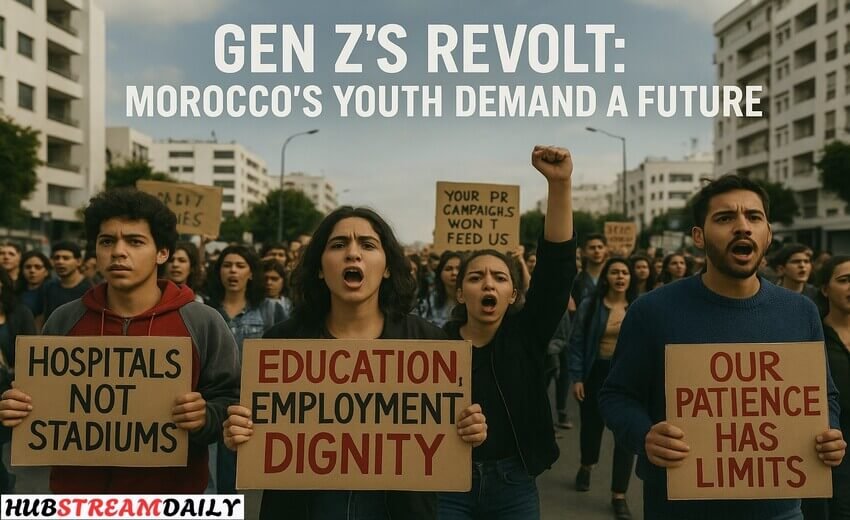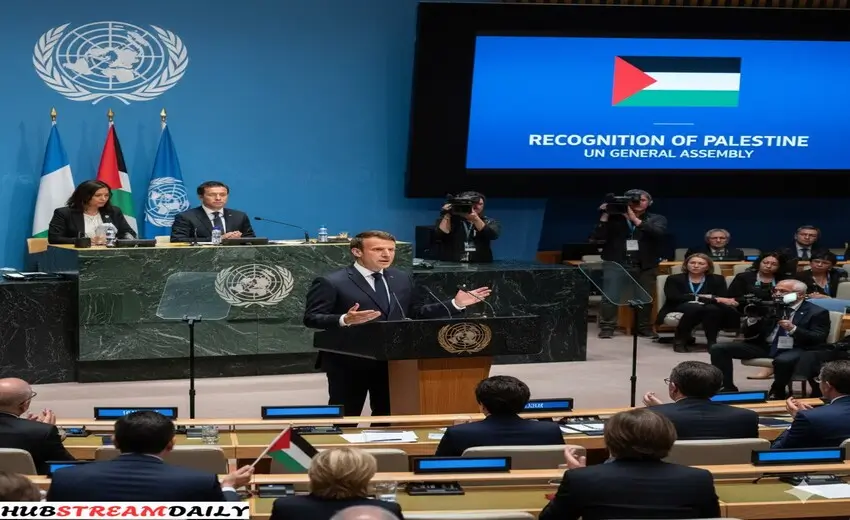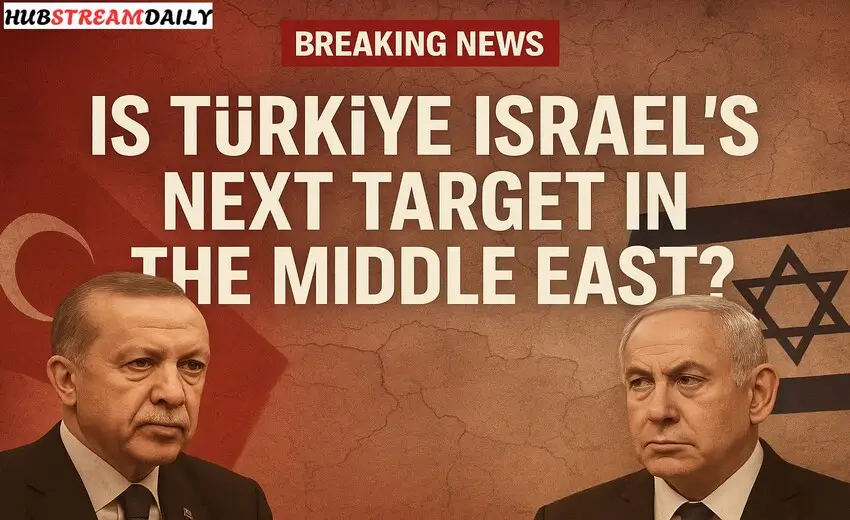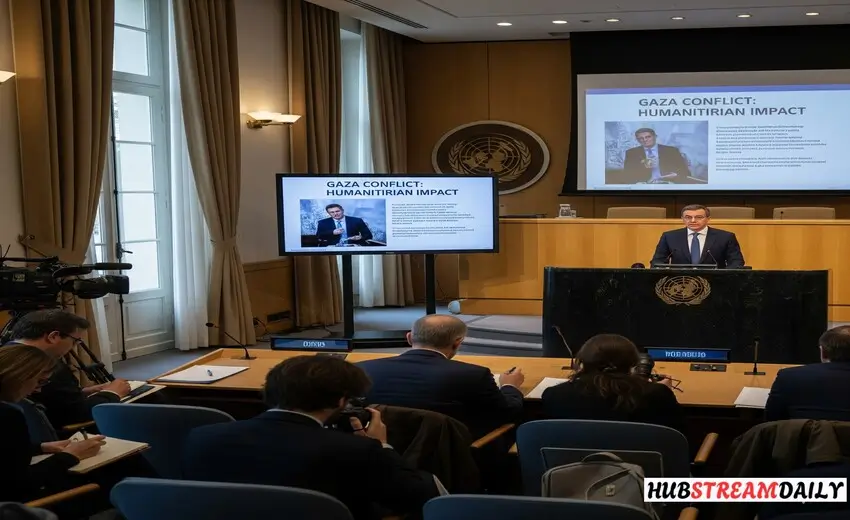
A Speech That Shocked Britain
In a time when politics, technology, and populism are increasingly intertwined, the fact that Elon Musk—the billionaire engineer behind SpaceX, Tesla, and X (formerly Twitter)—became a central figure at a heated UK political rally one of the most unexpected and shocking events that could be seen by a wide range of people, not only in the UK but across the entire world. On September 13, 2025, Musk attended via a livestream the “Unite the Kingdom” rally in central London, an event held by far-right and contentious character Tommy Robinson, whose fame always seems to revolve around his provocative views and close relation to the extreme right.
Addressing an ocean of protestors—while police estimated 110,000, the organizers claimed up to 150,000—Musk stormed through his speech, advocating for the abolishment of Parliament and a “revolutionary change of government” among other things. Furthermore, he called for immediate resistance against what he termed as “massive uncontrolled migration” which supposedly was eating up British society. His statements, which were not only seen on big screens but also went viral within seconds on various social media platforms, were met by loud applause from those who agreed with him, while critics felt uneasy and expressed their worries.
The events were simply not another protest against immigration policy though. They showed a time where the distinctions between a tech mogul, a populist politician and street activism were almost non-existent, thus confounding the British administration which was left asking what their next move should be, and the world was left thinking how far Musk is going to take it in crafting talking points for politics outside his own country.
Musk’s Speech: A Call to Action
Although Musk’s comments were short—less than 15 minutes—his political stance was very clear and uncompromising and they were probably his harshest political comments so far. He refrained from using euphemisms and argued that Britain was on its way to cultural demise, calling it an “erosion of values that used to be slow but now has become an accelerating downfall.”
Musk’s main points included:
- On Government Failure: “This government has let you down. It has failed to safeguard your customs, your way of life, and your future. The only way through is a revolutionary change.”
- On Migration: In a negative tone, he talked about “uncontrolled mass migration” which he believed was changing Britain’s character at a rate at which the voters had not given their consent.
- On Violence: Possibly, most controversial is the point where Musk predicted “violence is coming” and gave a very simple choice to the citizens: “Either you fight back, or you die.”
- On Woke Culture: As before, Musk criticized the so-called “woke mind virus,” blaming the policymakers for favoring race, gender, and religion over merit during the decision-making process.
The intervention of Musk perhaps, for the most part of the audience—it was an event with people holding Union Jacks, anti-EU placards, and signs with the words “Save Britain,”—validated the anger and the frustrations they had been suppressing. However, to opposers, it represented a dangerous intensification: a billionaire foreign national provocatively promoting political turmoil in a democratic ally.
The Rally: Anger on Display
The rally called “Unite the Kingdom” was the mother of all its kind, very much a historical event. The main figure of the protest was Tommy Robinson, whose consistent association of activism with anti-Islam rhetoric and nationalist causes. The event was an unprecedented combination of the following groups: the far-right, disenchanted working-class voters, young nationals, and even some of the mainstream conservatives who are angry at the Labor leader Keir Stammer because of his immigration policies.
According to the police report, they were met with challenges that were beyond precedent:
- Over 20 officers were more than injured in the clashes. In several instances, people thrown bottles and flares at the police, and in some cases, even used makeshift weapons to attack them.
- Many people were arrested on various charges such as assault, public disorder and possession of weapons.
- About 5,000 counter-protestors who were from different anti-racism groups came and gathered close by. They were chanting “Refugees are welcome here,” and were separated from the main event by heavy police barricades.
The day not only showed the deep divisions of Britain but also revealed how technology nowadays through livestreams, hashtags, and viral clips can make a political gathering have an immediate global audience.
Government and Political Reactions
The UK government had a quick reaction. Prime Minister Keir Stammer speaking to the press outside Downing Street said that both violence and Musk’s words were to be condemned:
“Freedom of speech is one of the fundamental principles of our democracy. But if speech incites violence, disorder, that it puts people’s lives at risk, then the challenge has to be there. England will not show fear and our communities will not be separated.”
The Home Secretary Yvette Cooper also assured that the police will be given more power to handle the “extremist groups that gather in large numbers,” and a number of MPs called for the Elon Musk to face an investigation for meddling in UK politics. Some were even more extreme in their views saying that Musk should not only be under the consideration of monitoring but also facing restrictions in his line of work in this country.
Although the Conservatives criticized the manner of Musk’s communication, they did not hesitate to point out the hypocrisy of the Labor Party: “The inability of this government to have a hold on migration is the main reason for the popularity of these kinds of rallies,” stated the Shadow Home Secretary James Cleverly.
The Global Angle: Why Musk?
Among other things, Musk’s decision to get so deeply and openly involved in British politics raises fundamental questions. Generally, business leaders—even those who are outspoken—do not take sides in internal affairs of other countries. Musk has never been a follower of the set patterns.
- In the US, he has become a major cultural icon who combines technology, memes, and populist rhetoric to attract a fan base.
- He has had conflicts with the German and Canadian governments over freedom of speech and regulation.
- In Ukraine, he first made noise when offering and then restricted the use of his Starlink satellite service for military purposes.
Nevertheless, it is different in the UK, where his support seems to make more sense because it places him among the far-right street rather than formal political discussions. For opponents, it transforms Musk from a radical business figure to an agitator in the direct political theater.
Migration: The Core Debate
Migration is at the center of the row which is a long-standing flashpoint in British politics.
- Net migration in the UK at present is over 600,000 annually, which is more than six times the pre-Brexit level.
- The critics maintain that such a large number of people puts pressure on housing, healthcare, and schools and changes towns faster than the residents get used to each other.
- The proponents of migration claim that immigrants occupy the unfilled job positions that are necessary for the development of the country and also that they are a source of energy in the aging economy.
The Brexit reshuffle in 2016 was mainly caused by immigration worries. Nearly nine years have passed, and the issue is still unresolved, whereas Musk’s idea of migration as a death threat only makes people more worried.
Musk & The Far Right: A Symbiotic Moment?
Although Musk will never publicly associate himself with Tommy Robinson or any other persons like him, what he said at the rally is very close to the main themes that the far-right discourse revolves around: cultural replacement, anti-globalism, and a call to revolutionary politics.
For Robinson, Musk showing up at his rally was like scoring a goal. It took his protest with the legitimacy of worldwide exposure and gave his movement, which until now had been like a whisper, the opportunity to be heard like never before. On the other hand, it was a way to reaffirm his image as a guy who not only revolutionizes the tech industry but also breaks political paradigms.
Some warn this might prompt similar groups to go down this path in other parts of the world. One of the world’s most billionaires if not the most, they say, who can do such things openly will make others want to imitate him.
Critics Sound the Alarm
Reaction from civic groups, religious leaders, and academics was swift.
- The Archbishop of Canterbury described Musk’s speech as “reckless,” warning that words predicting violence risk becoming self-fulfilling.
- The Muslim Council of Britain accused him of “echoing dangerous tropes that place minority communities at risk.”
- Scholars of extremism warned that Musk’s massive online reach could turbo-charge radicalization.
Dr. Ayesha Rahman, a political scientist at King’s College London, said:
“This is not just talk—it is a gesture that hints at the idea that democratic institutions are not legitimate. To say it Here, Elon Musk’s point of view becomes very powerful culturally. Young people online may find Musk more credible than politicians. Really, this is the main destabilizing factor.”
Supporters Rally Behind Musk
However, Musk is still a long way off from being abandoned by his defenders. Among the conservative commentators, he is singled out as the one who tells the truth and is not afraid to touch the taboo subjects of the establishment.
Nigel Farage, former UKIP leader, tweeted: “Musk says what millions think but are too afraid to say. Britain IS being failed by its government.”
Just after a few hours, Musk’s clips were flooded with millions of views from different parts of the globe. Hashtags like #SaveBritain and #MuskWasRight were going viral on all social media platforms, while supporters were depicting him as a new Churchill who is battling against the cultural decay.
Historical Parallels
Populism in Britain was not a new phenomenon when we talk about the times Enoch Powell’s “Rivers of Blood” speech drifted through the political scene in 1968 or the referendum that caused Brexit in 2016. With each incident, popular fears concerning identity, migration, and sovereignty were the main things tapped into.
Musk’s act could as well be put history-wise next to those occurrences. Unlike previous figures though, he always appears to be several steps ahead, on a global scale if you like. He has a large number of people working for his firms, runs a pet social media platform for billions of users, and the moment he utters a word anywhere in the world, it is heard everywhere quickly.
What Comes Next?
The wreckage continues to manifest itself. There are a good many essential inquiries lingering:
- Will Parliament go further than just talking about it and really file a case against Musk or Robinson for incitement?
- Is it possible this event could become the reason for new restrictions to be imposed on foreigners who want to have political influence in Britain?
- Will mainstream parties modify their policy so as to control nationalist feelings instead of letting them increase?
Furthermore, analysts are already saying that Labor might make its immigration policy more stringent and at the same time Conservatives could put more emphasis on cultural issues before the next general election.
Finally, A Turning Point, The most talked-about point in the history of British politics will probably be Elon Musk’s very brief and not very thoughtful speech on September 13, but not because of its content, but rather due to the person delivering it, the place where it was delivered, and the nation’s state receiving it.
While Britain is debating issues of identity, migration, and democratic legitimacy, Musk’s proposal of a “revolutionary” change of government is representative of the people’s anger but also of the hazards of the populism expansion.
Musk leading not only the next temporary news story to burst or the ignition of the deeper discontent but also the reaction of UK’s government officials to the complaints aggravated by him. Firstly, his position is obvious: one of the most wealthy individuals on the planet has yet again attracted maximum attention by something new – not the tech hub of Silicon Valley, but the very heart of British democracy.





